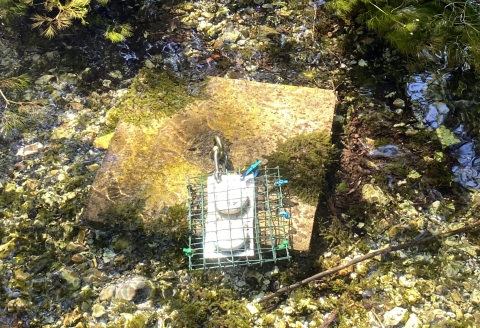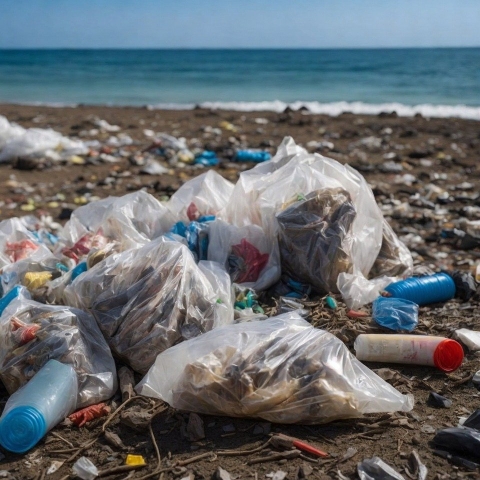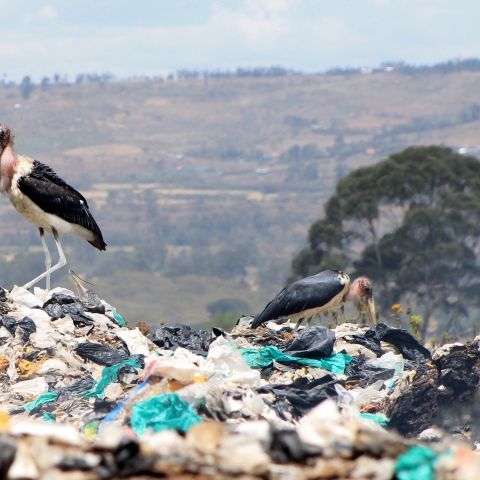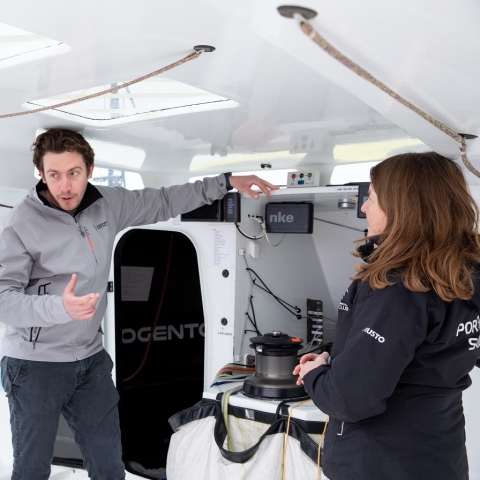

The project aims to design, build and test devices which can radically improve our ability to measure water pollutants.
4 April 2024
3 minutes
The University of Portsmouth part of a new engineering project to develop new technologies to more effectively monitor pollution in our rivers, lakes and reservoirs.
The Natural Environment Research Council (NERC) has awarded the project, led by the University of Southampton, a total of £360,000 to design, build and test devices which can radically improve our ability to measure water pollutants.
The funding is part of a £12 million investment by NERC and Defra into 13 projects nationwide to help assess the state of UK waterways, habitats, soil and air. These will draw on UK science developments to deliver new sensing systems and monitoring approaches, focussing on:
- Biodiversity and invasive species
- Water quality
- Soil health
- Greenhouse gas emissions, particularly methane
Focussing on water quality, the research project (Next generation passive sampling for monitoring organic contaminants in water) will create a new kind of sampling platform to enhance the temporal information needed for understanding the inputs of organic chemicals, such as pharmaceuticals, pesticides and industrial products into surface waters (rivers and estuaries).
The new sampling platform will enhance the existing Chemcatcher passive sampling device, which was originally co-developed by the University of Portsmouth.

This is a crucial step forward in the use of passive sampling for detecting inputs of contaminants into our rivers and estuaries. The data from the River Test will be invaluable in ascertaining the type and concentrations of pollutants our fragile chalk streams are currently enduring.
Professor Gary Fones, Professor of Environmental Aquatic Chemistry
Portsmouth researchers, led by Professor Gary Fones, Professor of Environmental Aquatic Chemistry, will conduct sampling on the River Test and Langstone Harbour to generate data that can be used for software and database development. Two products will be developed - a new Chemcatcher deployment system and a database and digital interface.
Professor Fones said: “This is a crucial step forward in the use of passive sampling for detecting inputs of contaminants into our rivers and estuaries. The data from the River Test will be invaluable in ascertaining the type and concentrations of pollutants our fragile chalk streams are currently enduring.
“The new platform will enable passive samplers to be deployed over a longer time period saving money and time. The database and digital interface will aid end-users in accessing crucial data needed for understanding the impact this cocktail of chemicals is having on the aquatic environment.”
Commenting on the UK awards, Dr Iain Williams, Director of Strategic Partnerships for NERC, said: “This investment by NERC and Defra will help to deliver a step-change in environmental monitoring, modelling and analysis. It supports our ambition to help businesses to grow through the development and commercialisation of new products, processes, and services, supported by an outstanding research and innovation ecosystem.”
Other stories you may be interested in
Plant-based plastic releases nine times less microplastics than conventional plastic
A newly developed plant-based plastic material releases nine times less microplastics than conventional plastic when exposed to sunlight and seawater, a new study has found.
3 April 2024
5 min read

Plastic action is climate action
22 February 2024
3 minutes

University teams up with Hampshire sailor to help protect the world’s oceans
14 February 2024
5 minutes

